Zen pals: Deepak Chopra and entrepreneur Carmen Busquets meet on the astral plane
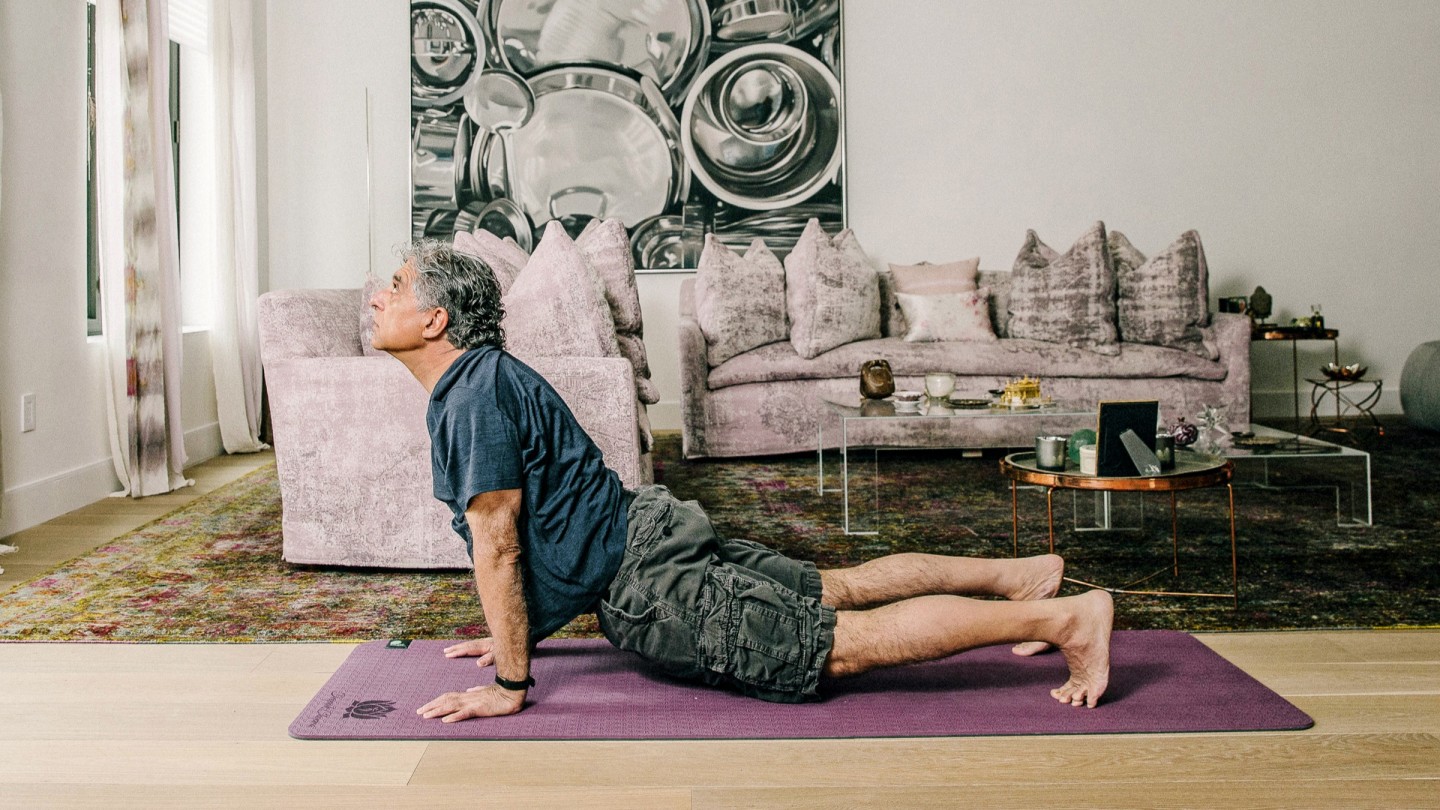
Roula Khalaf, Editor of the FT, selects her favourite stories in this weekly newsletter.
“I don’t know where I am going, but I know I’m on my way. That’s the life of a nomad,” says Deepak Chopra from his base in La Jolla, California. His friend of nearly 30 years, the entrepreneur and investor Carmen Busquets, laughs in agreement from the other side of a laptop at her home in the Bahamas, her crafted-in-Colombia emerald-green-fringed earrings swaying complicitly.
These two phenomenally successful individuals, pioneers in their respective fields of wellbeing/medicine and luxury/tech, have been unable to pursue their itinerant professional lives during lockdown. But both have been travelling extensively through their meditational practice. “Lockdown has not felt like I have stayed in one place, and that surprised me,” says Venezuela-born Busquets, who at the behest of friends led guided meditations in French, Spanish and English over the period.
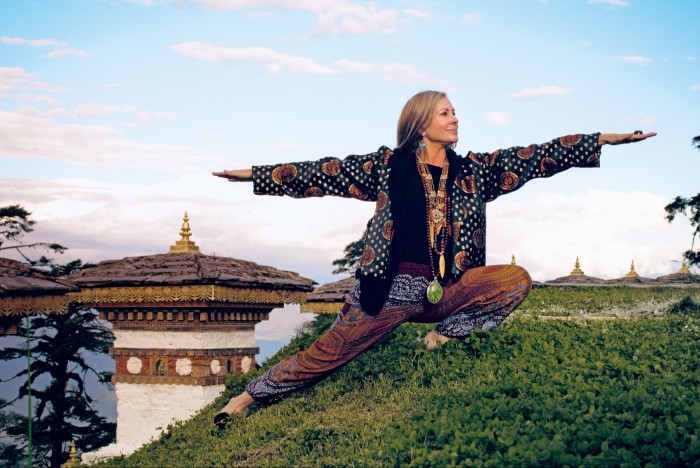
The pair first formed a bond when Busquets and her parents visited The Chopra Foundation in La Jolla in 1993 for a retreat entitled Seduction of the Spirit. Back then, the now-flourishing field of mind-body medicine and self-awakening was in its infancy and still cloaked in the mystic shrouds of wacko ’70s “tune in, drop out, pay up” cults and snake-oil gurus. Chopra, who was born in New Delhi and studied as a doctor specialising in internal medicine and endocrinology in Boston, approaches the field as a physician rather than a spiritualist. He discovered the potential for meditation while researching brain chemistry in the 1980s. “We were studying serotonin, oxytocin, opiates, dopamine, cortisol, adrenaline and many other hormones, and one day my colleague Candace B Pert (a fellow student and, later, a section chief at NIH near Washington DC) mentioned ‘molecules of emotion’. I said ‘What a brilliant phrase and why not write a book?’ She did and I wrote the foreword. We were interested in how emotions affect biological responses and the immune system,” says Chopra, who at the time was also exploring and teaching transcendental meditation. There was criticism from the medical establishment, and Chopra heard a rumour that his job was on the line. He packed his bags and moved to California to set up The Chopra Foundation, a retreat and research centre.
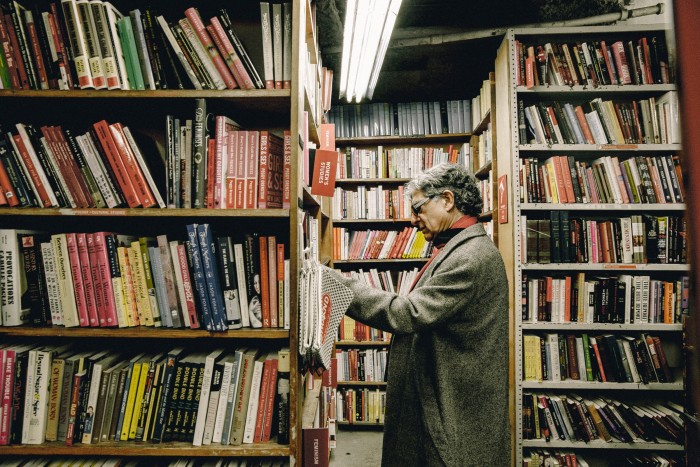
“What we were talking about back then was really very basic and we did not have the scientific rigour that we have today. No one questions that the body-mind is a single unit, just as space-time is a single entity. That early research led me to explore consciousness as a fundamental reality,” says Chopra, who in his crystal-armed spectacles (a gift from his grandkids) is a youthful 74.
Busquets’ curiosity was piqued by her parents’ interest in the teachings of the late George Gurdjieff: a mystic from the Caucasus and a pioneer in the self-awareness movement. Like Chopra, Gurdjieff brought eastern beliefs into the west and gathered dedicated followers in New York, Paris and Caracas. “I practised many forms of meditation, explored Scientology and all kinds of explanations about humanity – I was very aware of my weirdness,” says Busquets, who has a hearing impairment yet lip-reads perfectly. “With Gurdjieff, one understands that we are all one, but that we have some individuality about understanding things. And at La Jolla, I realised this was a meditation that would not ‘drown’ me – it offered groundedness.”
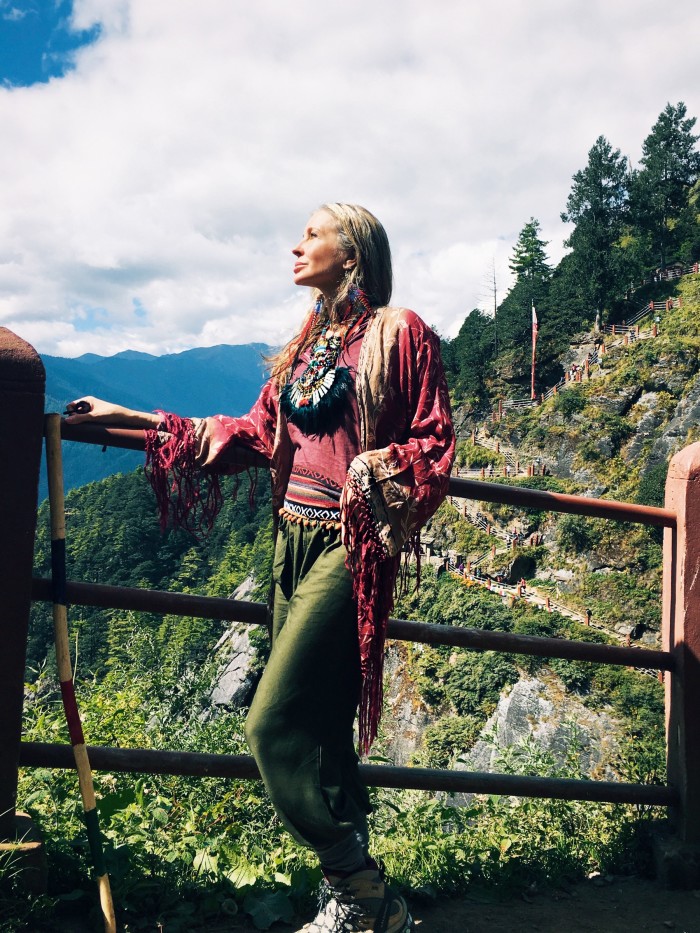
Back in 1993, their respective careers were in formative stages, with Busquets running her Venezuelan boutique Cabus, a business that frequently brought her to New York, Paris and Milan for fashion weeks. She became fascinated by fashion tech and invested an initial £250,000 in Natalie Massenet’s fledgling Net-a-Porter venture in 2000. Further sums totalling £5.9m followed and, according to The Business of Fashion (BOF), Busquets netted 16 times her total investment when Net-a-Porter was sold to Richemont in 2010.
In 2006, she set up the luxury e-commerce site and store CoutureLab. She’s got a brilliant nose for potential, in people and ideas. Busquets’ current portfolio of investments spans venture capital funds, e-commerce platforms and start-ups, including Imaginary Ventures, Felix Capital, Kindred, Farfetch, BOF, Byronesque, Flowerbx, SonicCloud and Cult Beauty.
There have been hits and misses. “I learn from mistakes, forgive and restart. I don’t see failure and success the way they are often perceived in society – I see them as part of a journey,” she says. “The way I invest and the way I take risks is experimental. I always want to learn. I’ve discussed ‘wealth’ with Deepak many times. Money happens but we are not driven by money. The common denominator is that we like to experiment in different ways.”
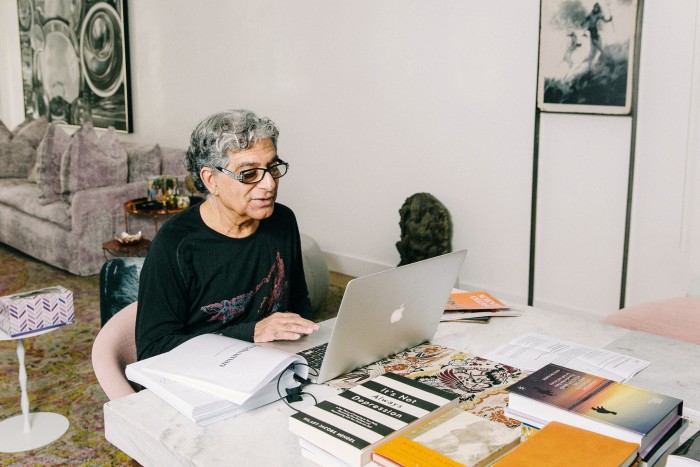
Chopra’s integration into the medical world has come full circle. He is now a clinical professor of family medicine and public health at the University of California, San Diego and students regularly come to study at the Foundation. “We do research into how emotion and mind affect everything from the brain to genetic activity to inflammation in the body, and our findings are on the website and published in medical journals,” says Chopra of his open-access policy, where resources are shared globally.
In fact, both Chopra and Busquets share a fascination with technology. “The iPhone I am holding has more power than the computing mainframe that controlled the moon landing and occupied an entire room. Tech is part of our evolution as Homo sapiens and it is unstoppable,” says Chopra, who has developed a “Digital Deepak” bot that has the capacity to speak to seven million people instantaneously and in a personalised mode. “Detecting the tone of voice, micro-expressions and eye movement, the bot is able to read someone’s mood instantly and correlate that information with blood pressure, epigenetic activity and biological age. I now talk about taking a ‘welfie’, not a ‘selfie’,” he explains. “Everything is measurable through tech. We have a new frontier called biometrics, and that allows us to create a future of wellbeing that is personalised. It requires participation and input and it’s a ‘process’, evolving as we speak.”
Those advances are already being put to good use in the shape of PIWI – a bot designed to help combat suicide, particularly among the young. PIWI is part of The Chopra Foundation’s NeverAlone.Love initiative – an alliance of experts and activists working to build mental-health awareness. Ambassadors include actresses Eva Longoria and Sofía Vergara.
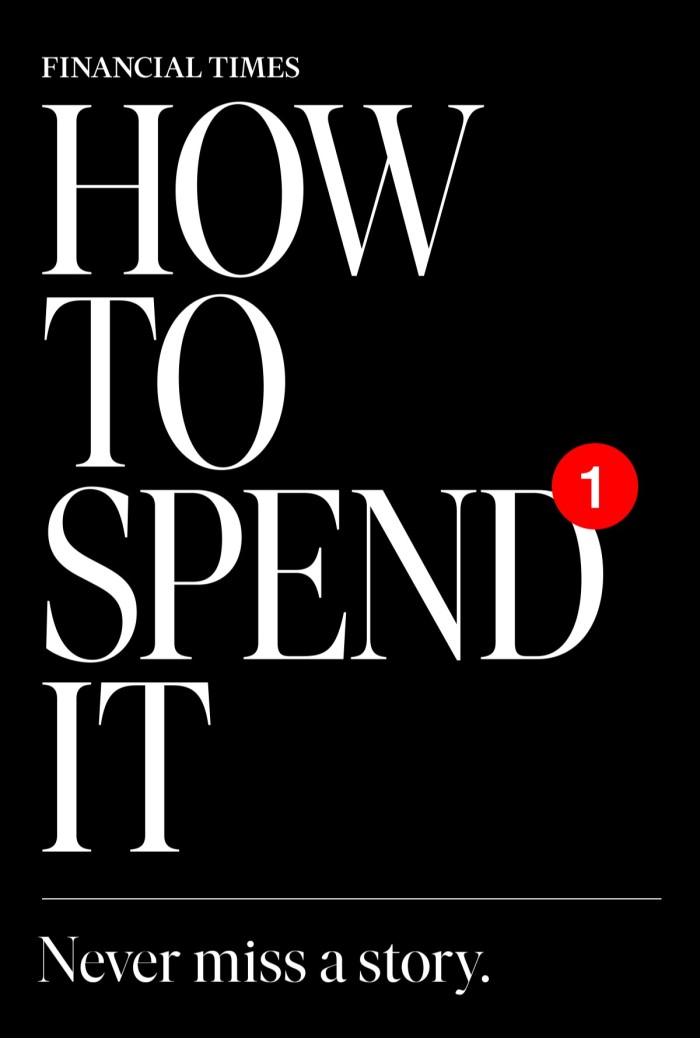
Sign up for our newsletter and get the best of the magazine straight into your inbox.
Chopra is author of a staggering 90 books (the latest is Total Meditation) and the Chopra Meditation & Well-Being app, which includes the popular (and free) Oprah & Deepak’s 21-Day Meditation Experience. Part of the appeal is how accessible and “real” Chopra sounds. He grew up wanting to be a writer and there is a melodic, storytelling timbre to his voice. “He has this gift and can relate something very complex in one or two sentences and it’s like, ‘Ah, thank you’,” Busquets says. “If I were to explain it, it could take five or six pages.”
Philanthropy is also at the forefront of Busquets’ activities. She advises and donates to a host of global non‑profit organisations and educational initiatives, including Nest (connecting brands with artisan makers) and Pacunam (a Latin-American NGO foundation). She has also found time to be part of the LVMH Prize panel of experts and supports the CFDA and the BFC Fashion Trust. “Before, I might have been embarrassed to talk ‘fashion’ – it had a stigma. Now I want to support small business people who make the clothes I love to wear and talk about them.”
What both are excited by right now is what social scientists call “emergence” – developing maximum diversity by bringing together people from different disciplines, ethnicities and backgrounds in a co-creative process that can span arts, culture, medicine, fashion, tech and entertainment. “Hunkering down has been useful – let’s go back soon with more humility and less hubris and a renewed respect for the ecosystem that has given life to us,” says Chopra in conclusion. “The environment is our extended body, the air is our breath, the rivers and waters are our circulation – it is an extended body that is equally ours, and if we don’t pay attention to the ecology of living beings, we will do so at the risk of extinction.”

Comments